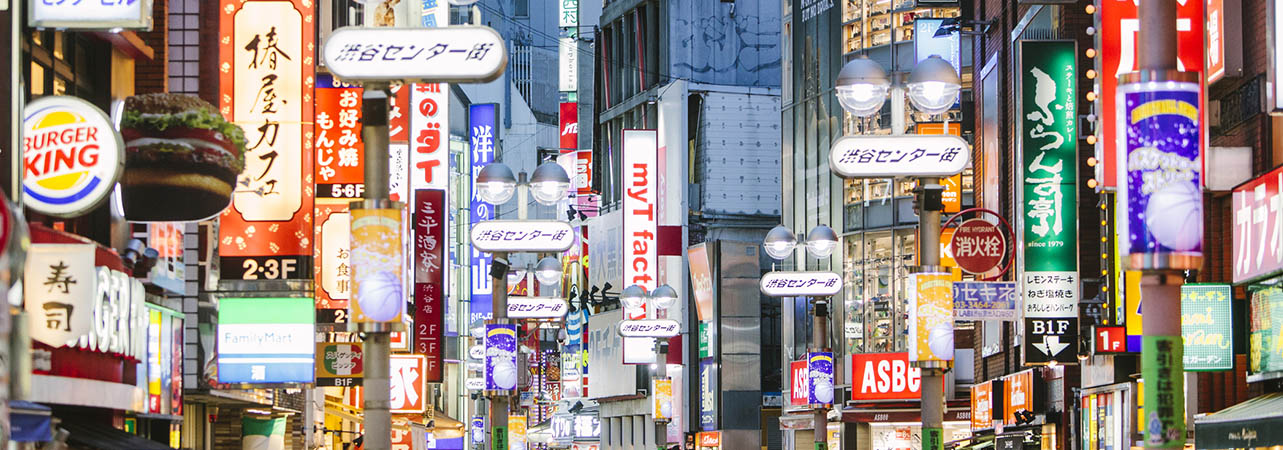Economic growth picked up in Japan during the first quarter of 2019, despite the continuing trade tensions between the US and China. Meanwhile, share price performance was volatile in Hong Kong during the month amid mounting political unrest as people protested against controversial extradition legislation.
- Australia’s central bank cut its key interest rate for the first time in almost three years
- New manufacturing orders dropped sharply in Japan
- South Korea’s economy contracted in Q1
To view the series of market updates through June, click here
Economic growth picked up in Japan during the first quarter of 2019, despite the continuing trade tensions between the US and China. On an annualised basis, Japan’s economy grew by 2.2%, compared with growth of 1.8% in the final quarter of 2018. Although private consumption declined during the period, growth was underpinned by a rise in capital spending. The Nikkei 225 Index rose by 3.3% during June, while the Topix Index climbed by 2.6% and the TSE Second Section Index rose by 0.5%.
“Japan’s manufacturing sector experienced its fastest drop in new orders for three years”
Exports dropped for a sixth consecutive month during May, falling at an annualised rate of 7.8% compared with April’s 2.2% decline. In comparison, having risen by 6.5% in April, imports posted a 1.5% annualised drop.
Japan’s manufacturing sector experienced its fastest drop in new orders for three years during June, according to IHS Markit. Weakening demand in domestic and international markets contributed to the decline, which was exacerbated by poor demand for automobiles, deteriorating in client confidence, and trade tensions.
Faltering economic growth spurred policymakers at the Reserve Bank of Australia (RBA) to cut its key interest rate by 25 basis points to a new low of 1.25% during June in a bid to support the labour market and achieve its inflation target of 2-3%. The RBA last cut rates in August 2016. Growth has been undermined by a drop in property prices and China’s economic slowdown; RBA Governor Philip Lowe insisted that the economic outlook had not deteriorated and that growth is expected to strengthen later in the year, also stating: “The possibility of lower interest rates remains on the table … (but) monetary policy is not the only option”. Australia’s economy grew at an annualised rate of 1.8% during the first three months of 2019, compared with 2.3% in the final quarter of 2018. The ASX All Ordinaries Index rose by 3.2% during June.
Elsewhere in the region, South Korea’s economy contracted by 0.4% during the first quarter of 2019, dampened by a 3.3% decline in manufacturing that was intensified by the US-China trade conflict. The Kospi Index rose by 4.4% over the month. Meanwhile, share price performance was volatile in Hong Kong during the month amid mounting political unrest as people protested against controversial extradition legislation. Nevertheless, over June as a whole, the Hang Seng Index rose by 6.1%.
A version of this and other market briefings are available to use in our newsletter builder feature. Click here









